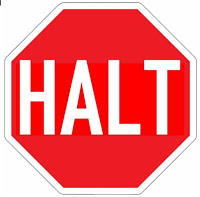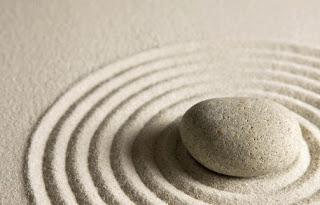
By Randy Moraitis, MA, CIP, BCPC
If you or a loved one are affected by any mental health, addiction or eating disorder issue then I encourage you to use HALT as an easy-to-remember tool for staying healthy.
HALT is an acronym that stands for:

It’s wise to avoid getting too Hungry, Angry, Lonely or Tired because when we do, any underlying issues (such as anxiety, depression, bipolar disorder, addiction, eating disorder, etc.) can be negatively impacted.
HUNGRY–have you seen those Snickers commercials where Marcia of The Brady Bunch turns into Machete because she’s too hungry (hangry)? It is both funny and true!
While I’m not recommending a candy bar, I do recommend that you keep healthy snacks with you throughout the day such as almonds, protein bars, or fruit. When your blood sugar drops your brain stops working at an optimal level and that means a bad decision or bad mood could easily happen. Keep your mind and body fueled for peak performance!
ANGRY–I love this quote from Thomas Jefferson: “When angry count to ten before you speak, if very angry count to one hundred.” Great advice here! Give it a try when you get angry.
Four Square Breathing is another great tool to use when you feel angry. It can help you calm down and regain focus so you do not make any bad choices. Here is a link to easily learn how to do four square breathing.
LONELY–Human beings need healthy community, healthy companionship. There is a great body of research proving that isolation has numerous negative side effects even causing cancer.
There is a very wise quote which says, “Two are better than one…” (Ecc 4:9). This is so true!
If you find yourself isolating–reach out to a friend, family member, or neighbor. Or join a club, group or activity that connects you to others.
If you know of someone that is isolating, reach out to they. They may need you more than you know.
TIRED–Being tired is bad for our health and can lead us to make bad decisions. Have you ever said anything that you didn’t really mean because you were too tired? Or have you ever failed to have a peak performance because you were too tired?
Research clearly shows that we need 7-8 hours of sleep per night to be at our best. I encourage you to have some discipline with this–turn off the TV and put down the phone or iPad early enough for you to get a good night’s rest. Don’t sleep with your phone right by your head–the light interferes with your sleep.
If you have trouble falling asleep, try the following:
- Be sure to limit caffeine during the day–especially later in the day.
- Try relaxation and visualization exercises to help induce sleep.
- Use a sound machine or app to create a calm, soothing environment.
So give HALT a try. If you apply the concept on a daily basis you just might find yourself having a much healthier and happier life.
I would love to hear your thoughts on this topic.
You can email me at randy@randymoraitis.com.
Websites: www.randymoraitis.com and www.carepossible.org
About Randy Moraitis
Randy is married to Kim and they live in Laguna Niguel. Together they have a blended family of five adult children and three beautiful grandchildren. (If you don’t believe Randy he will gladly show you pictures!)Randy is a Certified Intervention Professional (CIP) and expert in helping families affected by addiction and/or mental health issues. He is a Board Certified Pastoral Counselor and is both licensed and ordained as a pastoral counselor. He has five professional coaching certifications and loves working with clients on executive coaching, life coaching, wellness coaching and recovery coaching. Randy has a master’s degree with emphasis in theology and counseling, a bachelors degree in management and leadership, and a certificate in health and fitness with emphasis in exercise physiology and sports psychology from UC Irvine. He has been helping groups, individuals and families get mentally, physically and spiritually healthy in Orange County for over 25 years.







